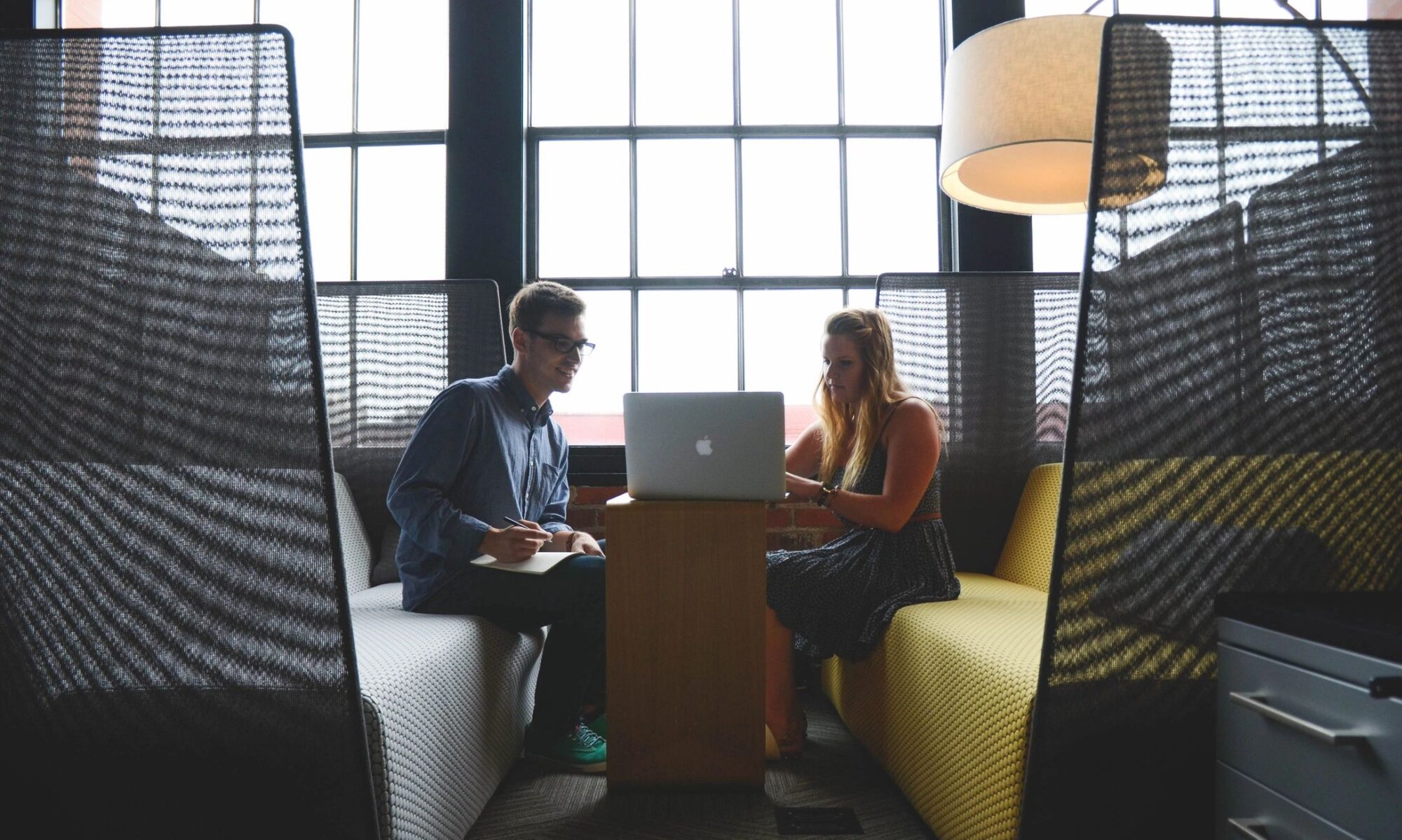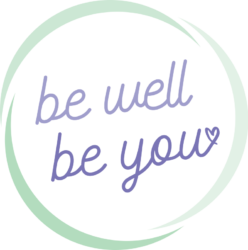Why having work friends is important
As I drove through the city this morning, I started reminiscing about my work friends and all the fun times we had in the office. For me, having friends at work is the most crucial element to a happy working life. When my social life is in balance, I feel a sense of connection and belonging to something outside of myself.
I recently listened to a Harvard Business Review podcast called Why Work Friends are Worth It by Shasta Nelson, relationship expert and author. It was an engaging podcast which really got me thinking. Why is social connection at work so important? What makes a work friendship last? How can we practise social connection whilst working remotely?
What is social connection?
The concept of social connection is about fulfilling our psychological needs to feel close to other people, validated and the feeling that you belong to a group. Our sense of connection has certainly been put to the test by COVID-19, working remotely the need to practise social distancing. Perhaps we should have referred to it as ‘physical distancing’ rather than ‘social distancing’ from the beginning? During these challenging times, I feel it is more important than ever, that we lean in to our social connections, not shy away from them.
Why is social connection at work important?
Humans are social beings – we are meant to connect and relate to one another. A sense of belonging is one of our basic psychological needs for survival. Feeling needed by others inspires us to be the best version of ourselves and to stay mentally healthy.
Research shows that having friends at work really matters. Gallup research revealed that employees who feel strong social connections at work have higher levels of wellbeing and engagement compared to those who do not. When employees have work friends their happiness levels are bound to increase, they will experience greater job satisfaction, be more engaged and take fewer sick days.
In September 2020, the Australian Bureau of Statistics conducted the Household Impact of COVID-19 Survey. The survey revealed that loneliness was the most widely reported source of personal stress for Australians. It shows that the way we are living our lives is not working. Many of us are missing that feeling of being close to people.
What are the foundations of a healthy work friendship?
Ms Nelson says that the best relationships, including work friendships, are built on three pillars: consistency, vulnerability and positivity.
- Positivity – should be the basis of a healthy relationship. According to Ms Nelson, one of the biggest drivers of positivity in the workplace is gratitude, appreciation and celebration. She says the key is for people, either as an individual or collectively, to feel better about themselves, their team and their role within the organisation;
- Consistency – the two drivers of consistency are proximity and spontaneity. Ms Nelson acknowledges that consistency is a lot more difficult whilst people are working remotely. We are no longer running into people in the office hallway, having coffee catch ups or sitting next to our colleagues; and
- Vulnerability – according to Ms Nelson, ‘vulnerability is not necessarily all about personal disclosure but about feeling seen for who you are’. It is about getting to know each other incrementally. She believes that to have an inclusive workplace you need to have vulnerability.
How can we practise social connection?
For many of us still working remotely, you are likely craving the social interaction you once had in the office. COVID-19 is triggering a natural inclination for us to draw close to one another. Here are a few ideas to practise social connection whilst working remotely:
- Stay connected with people who energise you. Is there a work friend that you would like to have more interaction with? Be intentional about connections and schedule in regular video catch ups – organise a virtual coffee, lunchtime walk or a Friday night drink to celebrate the end of the week;
- Look for opportunities to connect with people throughout the day. Have a chat with your local barista (rather than scrolling through social media on your iPhone), call people instead of texting or ask a friend to join you for a lunch time walk;
- Be extra neighbourly. Research shows that neighbourly trust and connection boosts your health. Smile, wave and say hello to people in your neighbourhood, share produce from your garden, swap a favourite recipe, or throw a socially distanced happy hour;
- Move together. Plan walk-and-talk meetings; do an online workout together or schedule an online dance party with friends;
- Host a virtual games night. Organise a few work friends or your team for a trivia night. Make your own snacks, divide up into teams and get ready for some friendly competition;
- Throw your own film festival. Who says you need to be in the same room as your friends or family to enjoy a film together? Netflix has introduced Teleparty (formerly Netflix Party), which allows people to link up with friends and host long-distance movie nights; and
- Try something new. Use the time to get creative and try something new – learn a musical instrument, start an impromptu virtual book club, try a new exercise class or call friends whilst taking virtual tours together (e.g. museums, Zoo and national parks).
Social connections shape your everyday life and wellbeing. Forming strong and healthy relationships with others means actively listening and being open to sharing what you are going through. Staying connected does take time and effort; an effort that will pay dividends into the future for your personal wellbeing.
Belinda Furse – Nutrition Health Coach, Senior Lawyer and Mum to two young children.


